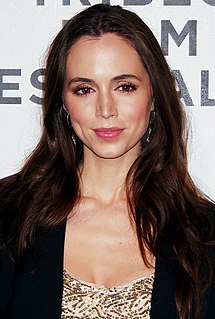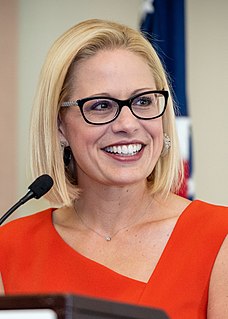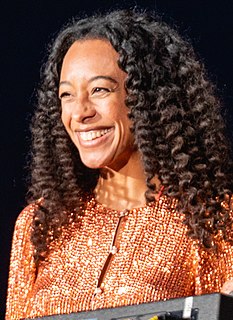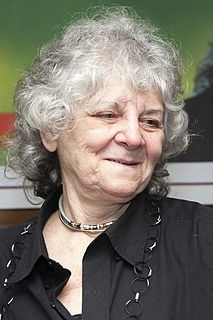A Quote by Eliza Dushku
My parents divorced when I was born, and my mother is a political science professor, like a feminist Mormon, which is sort of an oxymoron.
Related Quotes
I was just born involved in politics. My family is conservative Mormon, and so I was born - although the Mormon faith is not inherently political, their faith requires some political stands, and those are ones that I happen to disagree with vehemently - so I was just political from a very early age.
In a way, being a Mormon prepares you to deal with science fiction, because we live simultaneously in two very different cultures. The result is that we all know what it's like to be strangers in a strange land. It's not just a coincidence that there are so many effective Mormon science fiction writers. We don't regard being an alien as an alien experience. But it also means that we're not surprised when people don't understand what we're saying or what we think.




































